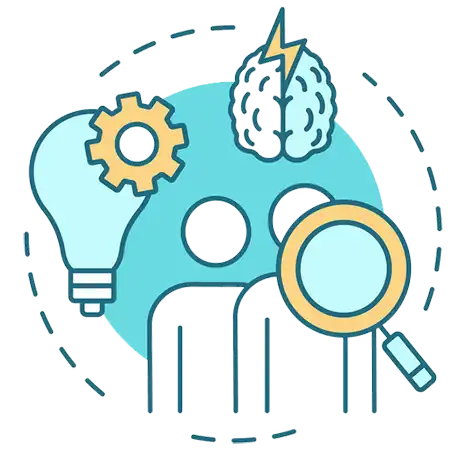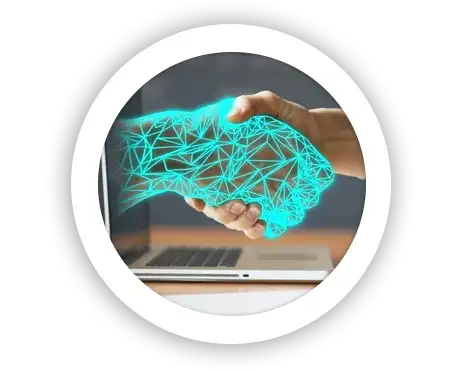Providing Digital transformation for a wide range of businesses in the UK
The infusion of technological advancement and strategies into every aspect of your company's operations is known as successful digital transformation (DT) and its consultants are the need of the hour in the UK. Many businesses are using the digital transformation strategy to deliver value and encourage customers to use channels like live chat, email, self-service, and websites rather than calling the business directly.











